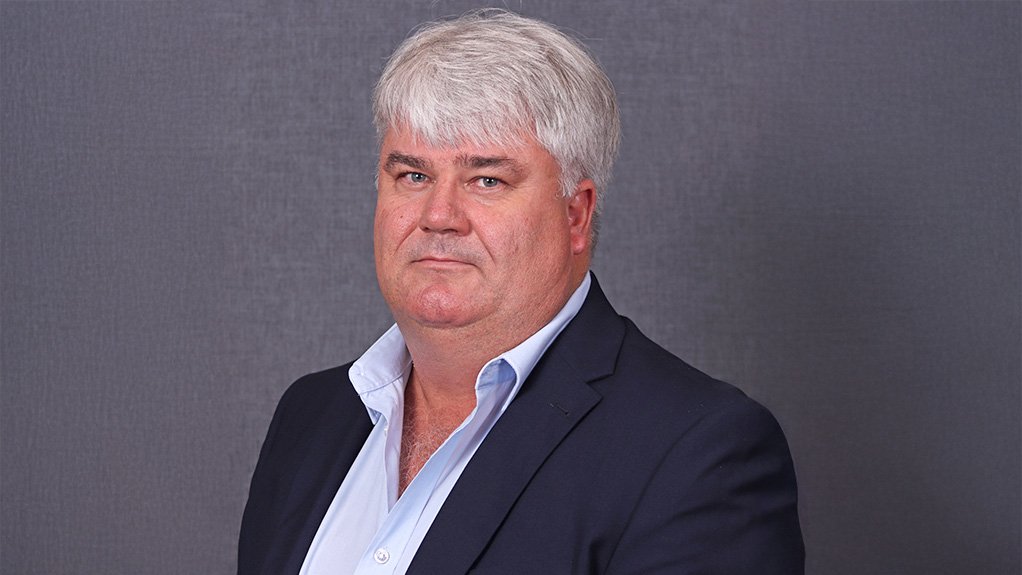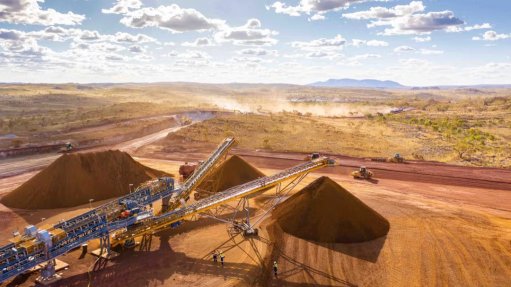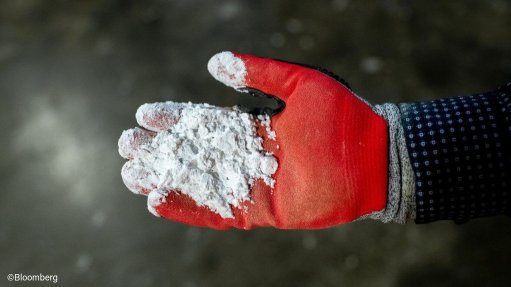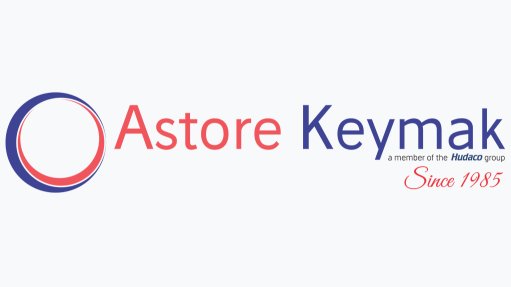Collaborative CSR is a national strategic imperative – UMK
As South Africa faces mounting economic pressure, exacerbated most recently by the International Monetary Fund’s (IMF’s) latest downgrade, corporate social responsibility (CSR) is a strategic imperative that requires concerted action, says United Manganese of Kalahari (UMK) CEO Malcolm Curror.
He warns that there are no quick fixes to the challenges faced in South Africa, adding that, from business, it requires patient capital, long-term commitment and a sharp focus.
“There is no time like the present. Right now, corporate and industrial South Africa must stand together via the various sector bodies available, collaborate with purpose across shared national priorities, and reframe CSR as a vehicle for impact rather than scorecards,” he says.
Curror argues that CSR must become embedded in strategic thinking and long-term planning, noting that companies that operate in South Africa are connected to the communities around them.
A mine, for example, impacts significant geographic areas, manufacturing and industrial urban areas impact entire cities and, in rural areas, there may be sole dependency on the livelihoods that businesses deliver to locals.
Hence, various industry bodies and business organisations that represent collective interests can impactfully manage and implement this, he says.
“Similar to organisations that collaborated to fight crime, we may require existing industry bodies and organisations that, in turn, manage projects and align diverse values into a unified set of objectives. Consequently, they can manage and evaluate nongovernmental organisations (NGOs) and nonprofit organisations (NPOs) that deliver against four key areas.
“It is not about assuming the role of government, but rather about supplementing and supporting State efforts.”
Curror expresses that there are four themes that require sustained and serious commitment, namely education, infrastructure, primary healthcare and enterprise development.
He says each plays a critical role in building a resilient society that can gather momentum and move forward, noting that these elements offer a path to inclusive growth and shared value.
Education must be the foundation, he argues, adding that without it, no long-term economic transformation is possible.
Hence, Curror says investment in education must start early and continue consistently.
This includes supporting early childhood development, improving access to quality schooling, and strengthening post-school training, whether formal tertiary education or vocational training.
“An educated population that provides the skills necessary to support business, manufacturing and other key sectors, such as mining, facilitates more employment, more entrepreneurial opportunities, and ultimately reduces poverty and reliance on grants.”
Additionally, infrastructure development and its maintenance unlock local potential, says Curror.
He argues that roads, water supply systems, public transport routes and reliable power networks extend beyond engineering concerns, describing them as enablers of dignity, mobility and commerce.
“Where infrastructure operates effectively, communities can thrive. People can access jobs, markets and services. Without it, even the most promising CSR initiatives will face limitations”.
Moreover, Curror posits that primary healthcare should also not be overlooked.
He says primary healthcare is one of the most direct ways to enhance lives and, in turn, improve productivity, work output and ultimately socioeconomic conditions.
Curror points out that numerous studies and real-world examples have demonstrated this.
“When people have access to basic care, they live longer, work more productively and contribute more fully to their communities.
“Healthier children remain in school. Healthier workers stay employed. Healthier families build stronger futures. CSR must recognise that good health is not only a public good but also non-negotiable”.
Curror argues that all initiatives must support one another and complement sectors that foster wealth creation – social wealth, health wealth and know-how.
He says enterprise development may offer the greatest promise for long-term impact.
Supporting small businesses, providing training, mentoring, access to markets and seed funding demonstrates how inclusive growth can contribute in real time.
It shifts the narrative from job seeking to job creation, builds individual and community confidence, reduces dependency and creates local value chains, he says, adding that communities with thriving local economies are more self-sufficient, stable and capable of shaping their own futures.
“We must admit and recognise that the success of any commercial endeavour is tied to the well-being of these communities. A business cannot thrive in an environment of persistent social instability, economic exclusion, and a dire need for infrastructure.
“South Africa’s challenges are deep and structural, yet they are not insurmountable. With focus, commitment, and cooperation, CSR can be a powerful tool for national renewal. The time for isolated gestures has passed; what is needed now is sustained effort and shared purpose,” Curror concludes.
Article Enquiry
Email Article
Save Article
Feedback
To advertise email advertising@creamermedia.co.za or click here
Announcements
What's On
Subscribe to improve your user experience...
Option 1 (equivalent of R125 a month):
Receive a weekly copy of Creamer Media's Engineering News & Mining Weekly magazine
(print copy for those in South Africa and e-magazine for those outside of South Africa)
Receive daily email newsletters
Access to full search results
Access archive of magazine back copies
Access to Projects in Progress
Access to ONE Research Report of your choice in PDF format
Option 2 (equivalent of R375 a month):
All benefits from Option 1
PLUS
Access to Creamer Media's Research Channel Africa for ALL Research Reports, in PDF format, on various industrial and mining sectors
including Electricity; Water; Energy Transition; Hydrogen; Roads, Rail and Ports; Coal; Gold; Platinum; Battery Metals; etc.
Already a subscriber?
Forgotten your password?
Receive weekly copy of Creamer Media's Engineering News & Mining Weekly magazine (print copy for those in South Africa and e-magazine for those outside of South Africa)
➕
Recieve daily email newsletters
➕
Access to full search results
➕
Access archive of magazine back copies
➕
Access to Projects in Progress
➕
Access to ONE Research Report of your choice in PDF format
RESEARCH CHANNEL AFRICA
R4500 (equivalent of R375 a month)
SUBSCRIBEAll benefits from Option 1
➕
Access to Creamer Media's Research Channel Africa for ALL Research Reports on various industrial and mining sectors, in PDF format, including on:
Electricity
➕
Water
➕
Energy Transition
➕
Hydrogen
➕
Roads, Rail and Ports
➕
Coal
➕
Gold
➕
Platinum
➕
Battery Metals
➕
etc.
Receive all benefits from Option 1 or Option 2 delivered to numerous people at your company
➕
Multiple User names and Passwords for simultaneous log-ins
➕
Intranet integration access to all in your organisation





















